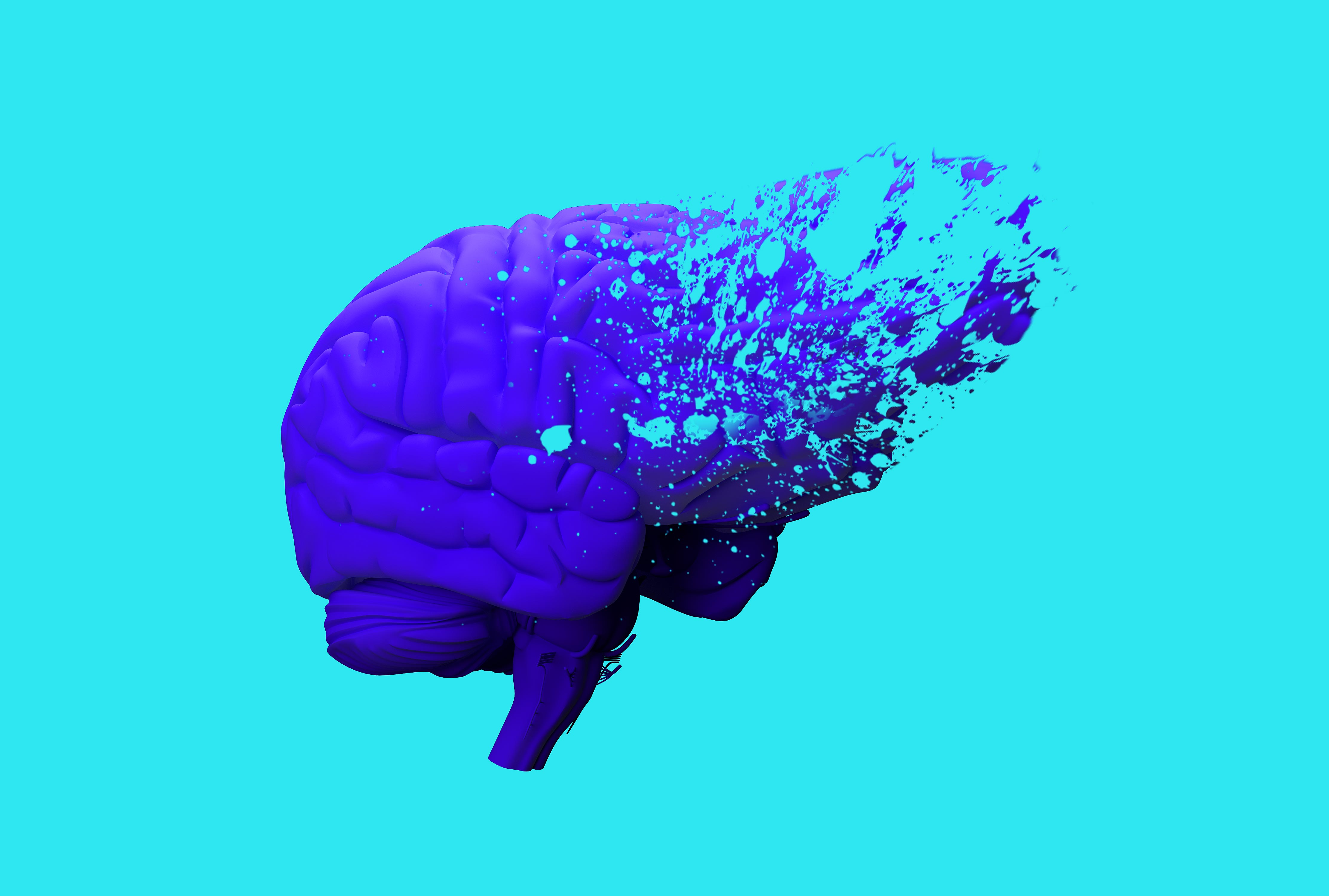What's the Connection Between UTIs and Delirium in Elderly People?

A urinary tract infection (UTI) can impact the kidneys, ureters, bladder and urethra—and in some people, may result in mental impairment. Almost anyone of any age can get one, and while women are at greater risk, men can also develop an infection.
Treating a UTI is simple, usually requiring antibiotics. However, UTIs can be difficult to diagnose in elderly people as the symptoms sometimes present as cognitive dysfunction. For those already suffering from dementia, it may be nearly impossible to notice a significant difference. Delayed diagnosis of a UTI can have serious consequences.
UTIs in the elderly and its relation to delirium
There aren't many studies that evaluate the link between a UTI and delirium.
According to research originally published in the Canadian Geriatrics Journal by Seki A. Balogun, MBBS and John T. Philbrick, M.D., delirium is widely viewed as one of the atypical symptoms of UTI in the elderly, and some physicians believe the relationship between delirium and UTI is one of causation. Because of that, many doctors will initiate testing for a UTI whenever other symptoms of delirium occur.
There's also a possibility the link between UTIs and delirium is overestimated. There just isn't enough research to know for sure one way or another.
As stated in the study, "Our systematic review has found few studies have directly examined the association between UTI and delirium. Since no randomized controlled trials have evaluated this association, it is impossible to determine the degree to which urinary tract infection causes delirium and how successful treatment of UTI could lead to improvement in symptoms of delirium."
It's well accepted that the first sign of a UTI may be a change in mental status, such as increased confusion or delirium, but researchers are still unraveling why this occurs.
The article noted the five studies in its review that reported an association between delirium in eldery patients and UTI all had significant methodological flaws with potential for bias.
"Urinary tract infections are very common in the elderly. However, not all elderly will present with what we expect in a typical UTI, with symptoms such as burning with urination, urgency or frequency [or urination]," said Betsy Greenleaf, D.O., who is also America's first board-certified female urogynecologist.
Greenleaf added it's well accepted that the first sign of a UTI may be a change in mental status, such as increased confusion or delirium, but researchers are still unraveling why this occurs.
"The belief is that the body has a difficult time processing physical stress as we age and [this] can lead to inflammatory chemicals affecting nerves and brain processing to hormones produced during the physical stress of illness, like cortisol [affecting] neurological processing," Greenleaf said. "We know the body systems are connected, so inflammation in one area of the body can affect the processing and inflammation elsewhere."
Greenleaf added delirium is considered a short-lived condition resolving when the underlying cause is treated, but noted during the time of delirium, an individual or those around them can be in grave danger.
"I have had patients get confused and drive the wrong way down a one-way street or walk away from home and end up lost," Greenleaf said.
Preventing delirium and UTIs
Since they may go hand in hand, the best way to prevent delirium as a result of a UTI is to prevent a UTI in the first place.
"Because many pelvic conditions increase in incidence as we age, such as overactive bladder or incontinence, individuals may purposely avoid drinking fluids to control symptoms. However, not being adequately hydrated will cut down on the production of urine which should be diluting and washing bacteria out of the bladder," Greenleaf explained.
In general, Greenleaf said leading a healthy lifestyle is important. This includes eating low inflammatory foods (avoidance of sugar and gluten, highly processed foods and dairy in some individuals), which can cause gut and system inflammation. She also recommends getting proper sleep and decreasing mental stress.
"The goal in life is to support the body with a healthy lifestyle because the more we can decrease other inflammation in the body, if a UTI occurs, that added inflammatory reaction won't tip the scales away from us," Greenleaf stated.
Avoiding cognitive complications isn't always possible, but it is important to take preventive action on predisposing factors as well. We don't know enough about the connection between UTIs and delirium to be definitive, however, early screenings and careful attention to mental function are key for elderly patients.
Dealing with a loved one's change in mental status
UTIs with delirium can be incredibly worrisome for those affected and their loved ones. Keep a careful eye on the elderly people in your life to ensure their physical health is not negatively affecting their mental health, causing anxiety, depression or undue stress.
Greenleaf said the best thing a loved one can do if they suspect a change in mental status in an individual is to get that person to a healthcare practitioner immediately for proper diagnosis and treatment. Whether or not the cognitive dysfunction is caused by a UTI, it's imperative you get them evaluated. A simple UTI can quickly lead to sepsis, a condition in which the infection enters other bodily organs, which can lead to death.
Just because there are conflicting studies out there, or not enough studies relating a UTI to decreased mental capacity and delirium in elderly patients, doesn't mean people don't experience it. Communicate concerns with a doctor, whether it's you or a loved one dealing with it.




















